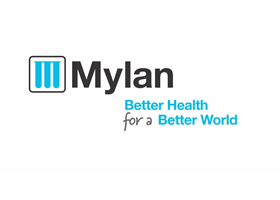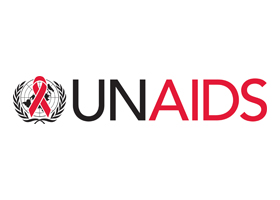Time: 12.45 to 14.15
Venue: MH1
Reporters: Derrick SHEMA, Jeannette Mbabazi and Aliane Gasengayire
Panelists at this session were:
- Dr Claud Dinker, Program Analyst, UnFPA Ghana
- Gabriel Adeyemo, SRHR/HI Program office, Nigeria
- Jean Philip, UNFPA Youth leaders fellowship program, Ghana
- Niyi Ojuolope, Country Representative, UNFPA Ghana
The session kicked off with a background on the World Health Organization case for integration. Integration is defined as “the organization and management of health services so people get the care they need, when they need it, in ways that are user friendly, achieve the desired results, and provide value for money.” Integration of health service delivery through the establishment of linkages between one part of a broader set of services with others, facilitates efforts to meet the needs of women and families, and contributes to the achievement of global, regional and national health targets and goals.
During the panel session there was a discussion of the ECHO trial findings, the WHO guidelines on contraceptive eligibility for women at high risk of HIV, and guidelines on self-care SRHR interventions. Panelists also presented an overview of current efforts on SRHR and HIV linkages, and identified areas for potential scale up of current efforts at linking and integrating SRHR/FP and HIV programs.
Integration of services for youth will also ensure a holistic approach to serving the needs of young people. Expected outcomes include increase uptake and use of contraceptive and adoption of non-risky sexual behaviors due to access to knowledge and availability of services. Integration of services is also efficient, less-time consuming and offers value-for-money.
UNFPA concluded the session by giving an overview of its partnership with youth-led organizations including AfriYan, governments and private sector organizations in order to draw synergies, share resources, avoid duplication and improve support, ownership and sustainability of efforts towards integration of services.













